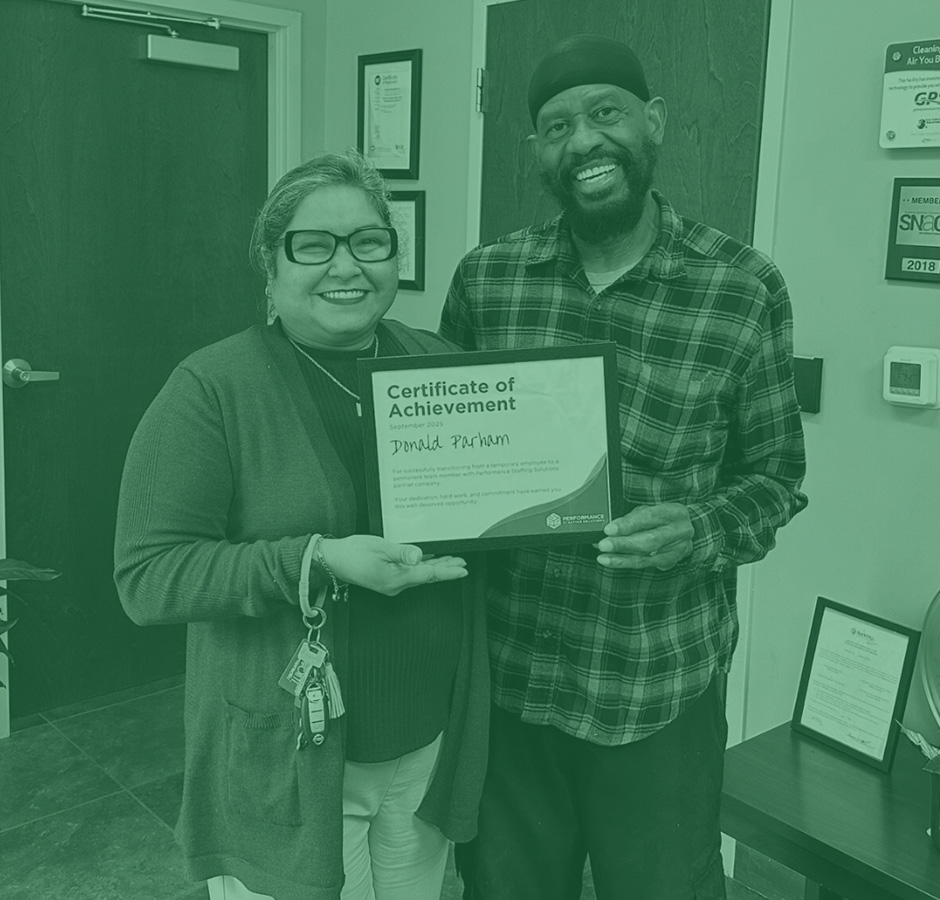There are multiple factors that need to fall into place when trying to secure a new job. Your resume must catch the hiring manager’s attention, it must align with the job description and qualifications, it must present you in a professional manner, and then you must interview well and further demonstrate why you are the best fit for the role. Unfortunately, some job seekers are missing some or all of these points, resulting in them being passed over for the next candidate.
What Hiring Managers Want to See
As you go about your job search and find positions that both interest you and that you’re qualified for, here are a few tips to keep in mind before applying:
Make sure you hit most (or all) of the requirements.
While you don’t necessarily have to check every box, your education, skills, and experience should check most of them. Don’t desperately apply for jobs that you are clearly underqualified for, as hiring managers will quickly put your resume into the “no” pile – if the applicant tracking system (ATS) software hasn’t already.Demonstrate achievements and results.
Your resume should not be a laundry list of every task you did in your previous jobs. It should highlight job-specific skills and how you used them to achieve measurable results. Incorporate percentages, dollar amounts, and other metrics when possible because they show concrete evidence of your abilities. Read through the job description carefully and incorporate keywords and technical skills that the employer wants to see (and that you legitimately have). Don’t forget to keep your resume up-to-date with the latest metrics and accomplishments.Spell check and grammar check your resume.
Double and triple check your resume to ensure that you did not make any silly spelling or grammar mistakes. Have someone else read your resume to catch any errors you may have missed. You don’t want to find out later that you said you were an “Operations Manager” instead of an “Operations Manager,” or that you contributed to the “addiction” of 25 new accounts instead of the “addition.” The addition or removal of a letter or word can change the whole meaning of a sentence. Don’t rely only on your computer’s spellcheck; read it yourself.Do your research.
Research the company you’re applying to and learn more about them. This will help you to determine if it is truly somewhere you want to work, and it will allow you to better align your job skills and accomplishments with the employer’s needs. Plus, you can come up with thoughtful questions to ask during the interview that shows you know about the company, its mission, vision, and goals.Provide clear, concise answers.
During your interview, take a moment to think before answering so that you can collect your thoughts and give a clear, concise response. Once you have answered the question, stop talking. Many candidates make the mistake of rambling on and adding unnecessary information just to fill the silence, or because they’re nervous and think they should say more. Prepare your answers as best as you can ahead of time so you appear more confident and professional.
While your resume is about you, it’s more about showing how you fit with what an employer needs, and how you can make a positive impact as part of their company. Focus on quality over quantity when it comes to applying for job opportunities to set yourself up for greater success.



